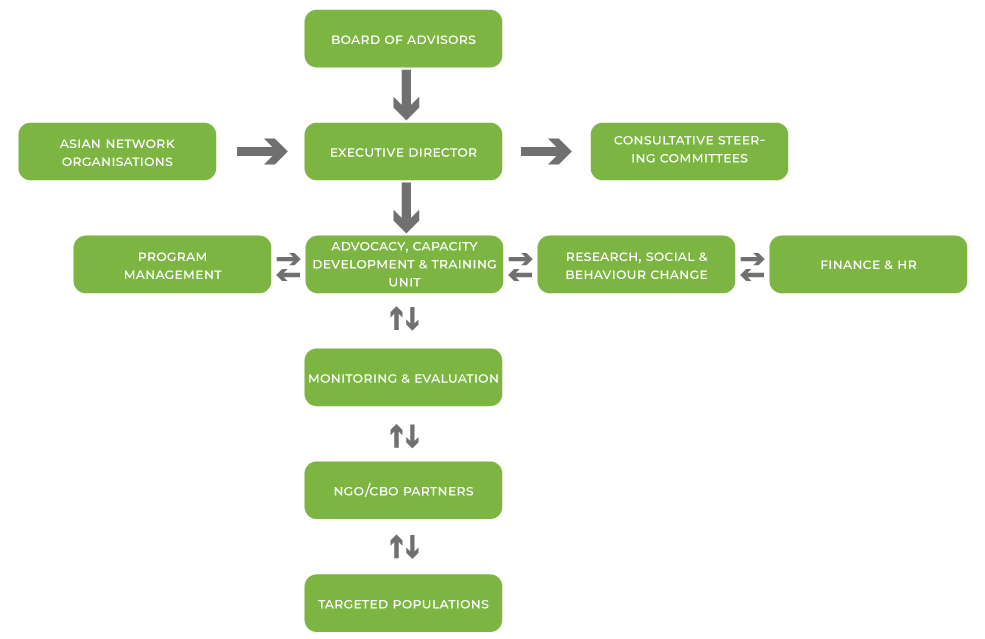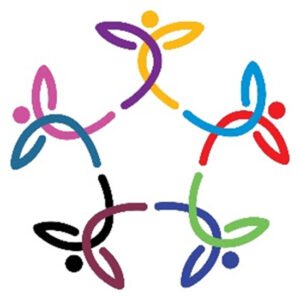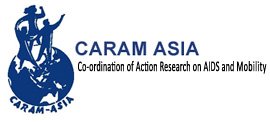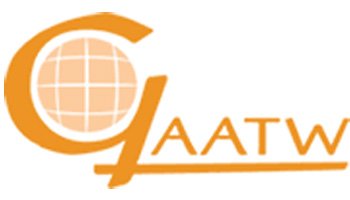work
how we




Our strategic working and development model has been to Develop the necessary technical tools, build the capacity of NGOs/CBOs and other multi-sectoral stakeholders, to transfer knowledge to
communities and advocate social and behavioural change through community and institutional strengthening initiatives.
As the sole central organisation without any affiliate branches across the country, our primary mandate is to independently craft project proposals aimed at securing financial support from both local and international donors. Our approach emphatically rejects the perpetuation of our presence in any specific domain of work involving the targeted populations or stakeholder communities.
We ardently uphold the view that partnerships should assume a pivotal role in every developmental initiative. While we proudly shoulder the full weight of project responsibility, we advocate for our partners' equal share of accountability and commitment in ensuring the successful execution of projects to attain their intended objectives.

LIFE INTEGRATORS COALITION

As the COVID-19 pandemic brought operations to a standstill, CDS took the initiative to unite local, district, and national Civil Society Organisations to foster a coalition to strengthen their institutional frameworks and capacities. The Life Integrators Coalition, formed in 2021, comprising 23 member organisations focused on HIV, SRH, and labour migration with the core mission of engaging with vulnerable and marginalised communities and protecting their rights.
OBJECTIVE AND RAISON D'ÊTRE:
To unite like-minded CSOs and other not-for-profit organisations to address the issues faced by marginalised, underserved, and vulnerable populations in society. By collaborating and advocating with national and subnational governments and key stakeholders at district, provincial, national, and regional levels, the coalition aims to create meaningful change and support these communities to be valued and respected in society.
PROPOSED STRATEGIC FOCUS AREAS
POPULATION GROUPS
- Migrant workers and their families
- Adolescents and youth
- Women
- Factory workers
- Plantation workers
- Sex workers
- Men having sex with men (MSM)
- Beach boys
- LGBT community
- Injecting drug users and their families
- PLHIV communities
HEALTH
- HIV prevention, control, and care
- Migrant health
- Adjusting to life after the pandemic
- Non-Communicable Diseases
- Sexual and reproductive health
- Mental health
RIGHTS
- Safe labour migration
- Human trafficking
- Forced labour
- Stigma and discrimination surrounding LBGT populations
EXPECTATIONS AND WORKING PRINCIPLES
- Respect for member organisations
- Strive for results-oriented efficiency and commitment to member organisations
- Maintain current awareness of national, Asian, and global developments within the fields of interest.
- Develop the institutional capacities within member organisations
- Transparency and accountability
- Fundraising
GOVERNANCE FRAMEWORK
MIGRANT SOCIETIES
As part of our efforts to promote safe and rights-based migration for employment, CDS together with a few selected partner organisations set up grassroots migrant societies in leading migrant worker-sending districts.
These Migrant Societies comprise returnee migrant workers and family members of migrant workers who are in-service in host countries. Initially, each Society comprised between 8-12 members living in a cluster. However, as their popularity and recognition grew Societies became much bigger in membership and size.
The primary objective of the Society was to empower returnee women with the knowledge and skills to become community leaders. A secondary objective was to create livelihood opportunities and be less dependent on government welfare programmes and handouts.
Today, there are Migrant Societies in almost all districts of the country serving the labour migrant community at the grassroots promoting regular and safe labour migration pathways.
CARAM ASIA

CDS has been a member of CARAM Asia since 2007.
CARAM Asia is a regional network of 42 NGOs, CSOs, and TUOs across 18 countries in Asia and the Middle East. Established in 1997 and based in Kuala Lumpur, Malaysia, CARAM Asia works for the health rights and labour rights of migrant workers particularly concerning HIV & AIDS and sexual and reproductive health.
VISION
All people have the right to stay or move and live and work in dignity with equal rights in a society, where their quality of life is ensured.
MISSION
EMPOWER
To empower migrants, their families and communities throughout the migration process and build capacities of Community-Based Organisations (CBOs) and Non-Governmental Organisations (NGOs) working for the promotion and protection of migrants’ labour and health rights with focus on HIV & AIDS including sexual and reproductive health rights (SRHR).
EVIDENCE-BASED
Utilise Participatory Action Research (PAR) to ensure the inclusion of migrant’s voices and perspectives on HIV vulnerabilities, and migrant worker’s health status and give potential policy recommendations for effective national and regional advocacy.
RIGHT-BASED
Use the rights-based approach in promoting and protecting migrants’ labour and health rights through interventions to reduce all vulnerabilities and improve social determinants of health throughout the migration process.

MFA is a regional network of non-government organizations (NGOs), associations and trade unions of migrant workers, and individual advocates in Asia who are committed to protect and promote the rights and welfare of migrant workers.
It is guided by a vision of an alternative world system based on respect for human rights and dignity, social justice, and gender equity, particularly for migrant workers.
CDS continues to have very good working relations with the MFA Secretariat and contributes towards regional advocacy strategies and national programmes. The MFA Secretariat is based in Quezon City in the Philippines. It plays a very significant role in advocating for migrant worker rights across the globe with governments, multilateral agencies and regional and global consultative processes.
Some of the recent work we did in collaboration with MFA’s technical support and with selected local partners was the setting up of an online complaint mechanism for migrant workers and their families to lodge their complaints and grievances to be taken up for hearing.
Supported a livelihood program for returnee migrant workers during the COVID-19 period.

GLOBAL ALLIANCE AGAINST TRAFFIC IN WOMEN
The Global Alliance Against Traffic in Women (GAATW) is an Alliance of more than 90 non-governmental organisations from Africa, Asia, Europe, LAC and North America. The GAATW International Secretariat is based in Bangkok, Thailand and co-ordinates the activities of the Alliance, collects and disseminates information, and advocates on behalf of the Alliance at regional and international levels.
Member Organisations include migrant rights organisations; anti-trafficking organisations; self-organised groups of migrant workers, domestic workers, survivors of trafficking and sex workers; human rights and women’s rights organisations; and direct service providers.
GAATW sees the phenomenon of human trafficking as intrinsically embedded in the context of migration for labour.
GAATW therefore promotes and defends the human rights of all migrants and their families against the threat of an increasingly globalised labour market and calls for safety standards for migrant workers in the process of migration and in the formal and informal work sectors – garment and food processing, agriculture and farming, domestic work, sex work – where slavery-like conditions and practices exist. (GAATW website)
In recent times CDS has built a mutually respectful working relationship with GAATW as we have similar interests in human rights, labour rights and human trafficking of women migrants in our region. A very significant project that we partnered with GAATW was a sub-regional feminist participatory action research (FPAR) and advocacy project on “Women labour migration in South Asia and the Middle East”
